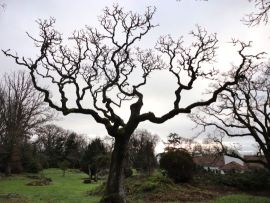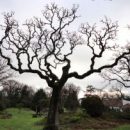Inquiry Sunday
Inquiry Sunday June 5, 2016 The morning session was attended by five participants. We listened to an audio presentation of Adyashanti in conversation with a member of his organization and exploring the subject of “True Love”. Adya was asked about his relationship with his partner Mukti in particular, and he explored how the two of them deal with conflicts and differences when they arise. He acknowledged that others’ relationships may not be based on such a mutual compatibility of viewpoints and intentions and may therefore be more challenging and difficult, but what he spoke of could certainly be applied to any relationship in one’s life. It seemed that he was really talking about being aware of ourselves in relationship and the learning that naturally takes place as a result. In the afternoon, we chose three questions asked of Krishnamurti during his talks over the years and looked at video clips of his responses. The first question was “Is there a final question which will end all my other questions?” K’s inquiry into the issue led him to ask another question, “Is there a state which is not dependent on any circumstances?” He seemed to feel that if we deeply inquire into that question it will bring us to something essential. The second question chosen was about individuality and responsibility for our actions. K pointed out that in fact no individual exists as we are conditioned to believe it does. When this is seen clearly, a state of compassion and love arises which will take right action in each circumstance. The final question was a little unusual. “We can learn more from listening to others than from listening to K. Why do you not encourage people to get together and learn from each other by discussing?” We were interested to see how K would respond. His answer was clear and to the point. “Are you listening to K?” he asked, “Or are you listening to yourself?” Any form of learning, including group discussion, is valuable as long as there is not a dependence on an outside authority, whether it be K or anyone else. We must learn about ourselves by looking directly at ourselves.


